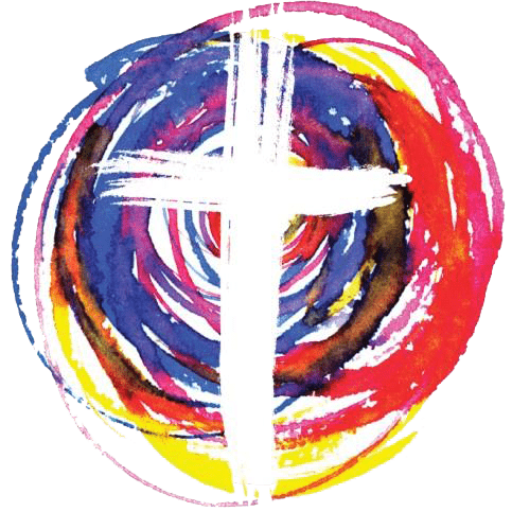19 May Ponderings – May 19, 2023
Lee-Ann’s Pondering – All My Relations Part 2
Indigenous wisdom is most significantly a resource for healing. Every time I listen to Indigenous teachings and learn more about Indigenous knowledges, I feel closer to the truth of our existence. It leads me to a sense of joy and appreciation for the gift of life and all that is offered to us through creation.
Last Tuesday evening during Part 2 of the All My Relations webinar series, I had the same experience. There is such great wisdom in the Indigenous understanding of All My Relations, “Msit No’kmaq”. Not only are we reminded that we are caretakers of God’s creation, but more importantly we are family to all living things. What struck me in listening to Carolynne Crawley, was how I’ve always known that, in some deeper part of my consciousness, but the anthropocentric (human centric) culture in which I was raised and continue to live and work in, has continually pulled my attention away from my kinship with earth, its plants and creatures in the pursuit of other matters. Often it is connected to the pursuit of my own comfort and security. I’m still working on unpacking that in a course I’m taking called, Placing Ourselves in Colonialism.
I offer my three ‘big take-aways’, and steps forward, from Carolynne’s presentation.
- Notice how the language I use affirms my kinship relationship with all living beings . . . how often do I objectify other living beings instead of referring to them as relations. Can I begin to refer to other living beings as sister, brother, ancestor, teacher, friend? How does it change my relationship with the earth and ‘her’ living plants and creatures when I recognize our shared existence as an interdependent ‘community’? Instead of pests, can I see other creatures as having their place and that we together must find a way to ‘be’ in harmony? (Lately ants have found their way into my house. I have to find out how they are getting in. In the meantime, I’m catching and releasing, because they are just lost and need help getting home.)
- How can I deepen my relationship with a part of creation, another part of my non-human earthly family, such as the grass, the plants, the squirrels, the ants? How can I build a sense of kinship by paying more attention, observing, encountering, listening, learning? Can I use my prayer time to engage more deeply with God’s love for the other being(s) in my habitat, in a local park, in the pines at Northlea? Can I open my heart to learning from them and letting them help me live more peacefully and in harmony with other beings?
- How can I be the voice for another non-human being? Can I advocate for no pesticides so that my brother and sister insects can flourish? Maybe I can join Carolynne Crawley’s turtle protectors group to advocate for the protection of the turtles in High Park. Given my particular love of trees, perhaps I can contribute to advocacy for the protection of the old-growth forests in Canada. There are many ways to take action. As I engage more deeply with all my relations in creation (part 2 above) I trust that the impulse to speak for other living beings will arise naturally.
Carolynne has been a wonderful inspiration and I’m so pleased that she will be joining us once again on June 17th at 11am in our pine gallery. Together we will re-imagine our connection to the land with the guidance of Indigenous wisdom and dedicate the space as a National Healing Forest. Recently the David Suzuki Foundation partnered with the National Healing Forest initiative. Northlea will be ‘on the map’ as a site of support for education and healing. The Northlea community will partner intentionally with the land to heal the wounds of our past and reclaim our essential and life giving relationship with the Indigenous peoples. This will be a new beginning for us all. I hope you will join us.
Lee-Ann
Here are some resources from Carolynne for your ongoing learning:
- Carolynne’s website: https://www.msitnokmaq.com/
- Two-Eyed Seeing (Sesatu’k Etuaptmnkl) – Combining Indigenous wisdom and science in education. “Our journey here is not meant for one perspective or one consciousness to get us through. We all need each other.” (Albert Marshall)
- Interview with Braiding Sweetgrass author Dr. Robin Wall Kimmerer. “The ways that we interact with the land can in fact be positive.” She highlights reciprocity, a giving and receiving relationship that is more in balance than the one sided relationship that currently exists.
- Reconciliation Begins with the Land – Isaac Murdoch from Serpent River First Nation speaks about the importance of our relationship with the land and why we must include this when we talk about reconciliation.
